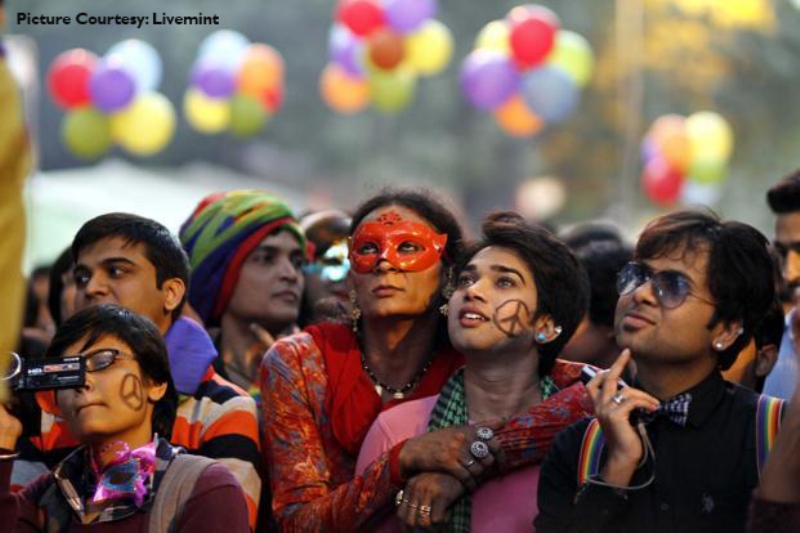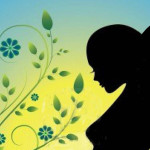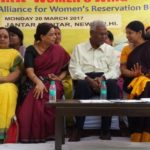The Indian community of LGBTQ lives in the myriad, complex and dynamic setting of a socio-cultural context that is peculiar to the country. The extent of openness that the community is willing to live with and how they are treated with regards to their sexual orientation; should be perceived against the backdrop of patriarchy, preference of male child over females in families and rigid casteism which shames and punishes inter-caste, heterosexual romantic alliances. India has been growing in literacy levels but also has some issues over quality in the elementary educational systems (all 12 grades at school). As a country, we tend to live in a dichotomy where we are grappling with abject poverty in juxtaposition to rapid industrialization.
The internet is replete with information and stories about both the sides of the Indian society –the LGBTQ community and the other population. One needs to consider the possibility that coming out for LGBTQ may be mildly similar to a process of a heterosexual couples who seek alliance that ‘rebels’ against the communal and caste hierarchies in the country. From the banal interaction at the societal level, lack of knowledge about LGBTQ community is evident. People are found to not have sound and comprehensive biological and psychological knowledge about the community. This has not only made for an unhealthy dialogue exchange but also for harmful prejudices manifesting in similar conduct. In India, no identity, LGBT or otherwise, is a one-dimensional existence. There are several layers and several realities that each of the LGBT community segment lives in. Unfortunately, there is no data that is consolidated or specified regarding the same. However, one can bring to light the fact that LGBTQ is referred to by many names in India and much of the nomenclature finds its genesis in the geography and religion. That can give us an indication about the layered and complex presence of the community life. For instance: Hijra, Aravani, Jogappa, Shivashakti, Kinnar, and Sakhi-Bekhi[1] are few of the terms that vary as per the geography of the country.


World over, the LGBTQs have reported self-realization as a painful process. As the realization manifests into conscious or sub-conscious behavior, it is subjected to societal judgment, bullying and harassment which has damaging repercussions on the person who is at the receiving end. Most often, the abuse inflicted on the LGBT community is from their immediate environment which includes their kith and kin. Much of the harsh societal judgment, at close proximity and otherwise, has been arising from religious bias and prejudice. In addition to social pressures, there have been instances of homosexual heartbreaks leading to suicides – attempted and culminated. In the year 2015, Dr. Sudhir Bhave a psychiatrist, informed the Times of India which is a leading newspaper, that 17-25 years is the age group in which the LGBTs in India are most vulnerable to experiencing most traumatic emotional issues. The trauma mostly arises out of societal non-acceptance of gender and sexual orientation; thus forcing upon the person, ‘socially acceptable’ ways of living. Due to this, when LGBTs are in a relationship, they often do not see a future in it and they spiral down into panic attacks, nervous breakdown and depression. The role of NGOs and community based collectives have largely helped the cause of building emotional support for the LGBTs and there have been a few enterprising ones within the community who have boldly forayed into political participation; yet, there is a need to mainstream the dialogue which fills an ever widening distance between the LGBT and other population.
At CSR, we believe in adding to the LGBT movement and giving it a larger platform. As has already been mentioned, our organization has been working for gender rights since 1983 and our headquarters are based out of New Delhi. We have a long history of networking with the Legislature, Legal and the Executive pillars of the country; since we have been strong advocates of policy reformations, sensitization and capacity building of those who are responsible for policy design and implementation. At the South Asian level, we have been key stakeholders in forming legislations for the countries of Nepal, Bangladesh, Sri Lanka, Pakistan, Bhutan and Afghanistan. Due to the aforementioned, we are in the position to lend a wider reach for the LGBT rights through our network and projects that have been refined over 32 years. As a part of the #ItGetsBetter project as #ItGetsBetterIndia, our organization shall be working towards the all-inclusive approach to not only sensitize the society on gender issues but also give a window to the LGBT community to articulate and understand their own lives against the socio-cultural ethos of the country.
[1] Jogappa: Gender, identity and the politics of exclusion




